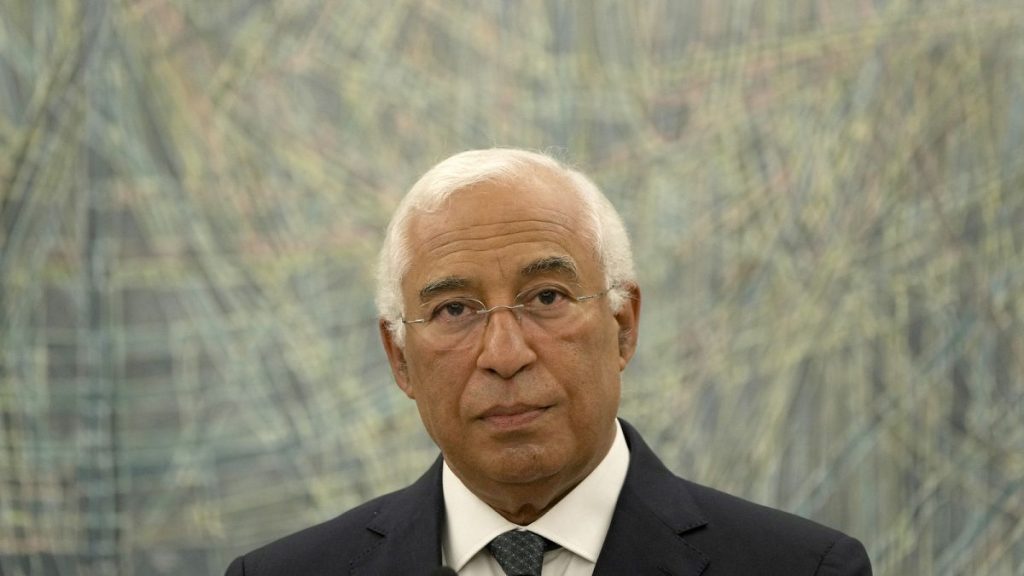António Costa, the former prime minister of Portugal, is being considered for the position of President of the European Council, which could be a significant opportunity for him to restore his political reputation after being embroiled in a corruption scandal that led to his resignation. Costa has consistently maintained his innocence in the matter, and he stepped down from his position to protect his integrity. Despite being under investigation, he is now seen as a top candidate for the EU role, with support from key political figures, including the newly-installed prime minister, Luis Montenegro.
Costa’s potential appointment as President of the European Council would allow him to reaffirm his reputation as a trusted and respected politician within the EU. His experience and track record of supporting European integration, backing Ukraine, and advocating for EU enlargement have earned him praise and support from various leaders. His ability to bring together leaders of different political backgrounds and negotiate effectively has been highlighted as one of his strengths, making him a favorable candidate for the position.
While Costa has received endorsements from several leaders, there are concerns from some right-wing politicians about his stance on migration policies and foreign affairs. His support for liberal migration policies and perceived lack of a firm stance on the conflict in Ukraine have raised doubts among certain leaders in the European Council. This has led to opposition to his candidacy from some sectors, including the European People’s Party, which has attempted to drive a hard bargain in the negotiations for the Council presidency.
Costa’s personal relationships with some hard-right leaders, such as Hungarian Prime Minister Viktor Orbán, could play a crucial role in garnering broader support for his candidacy. Costa’s visit to Hungary last year and his interactions with Orbán have shown a willingness to engage and build relationships across the political spectrum. With Hungary holding the rotating presidency of the Council of the EU, Costa’s ability to maintain ties with Orbán and other conservative leaders could be instrumental in securing unanimous support for key EU decisions.
Despite some resistance to his candidacy and concerns about his policies, Costa has received overall positive feedback from EU leaders and is likely to be confirmed for the role. His nomination is seen as a strategic move that could benefit the EU’s decision-making process and help bridge gaps between different political factions within the European Council. If appointed, Costa will have the opportunity to leverage his experience and diplomatic skills to advance EU priorities and strengthen relationships with member states, paving the way for a more cohesive and unified European Union under his leadership.


